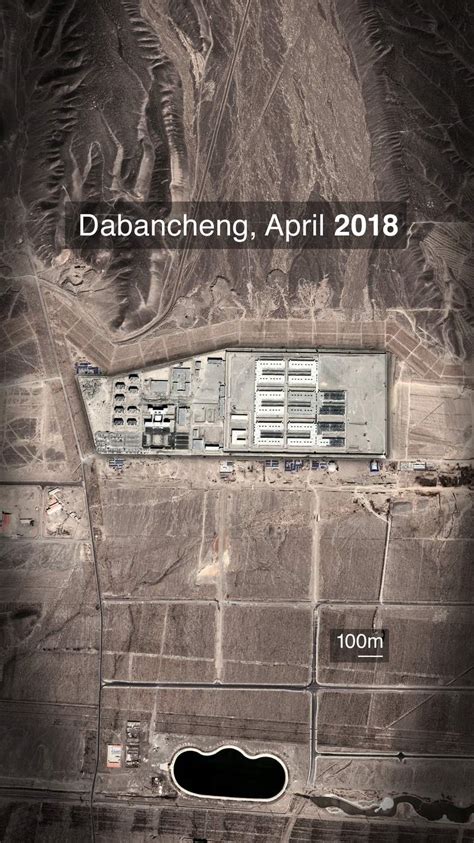are their muslum conectration camps in china ,China's hidden camps ,are their muslum conectration camps in china,Xinjiang conflictVarious Chinese dynasties have historically exerted various degrees of control and influence over parts of what is modern-day Xinjiang. . $1,190.00

The issue of alleged concentration camps in China, particularly in the Xinjiang region, has drawn global attention and concern over the past few years. The camps, commonly referred to as "internment camps" by the Chinese government, have been the subject of intense debate and scrutiny, especially with regard to the treatment of Uyghur Muslims and other ethnic minorities in the region. But are these camps truly comparable to concentration camps in the historical sense, or is the situation more complex? And why is China facing accusations of genocide? This article delves into these questions, exploring the facts, the accusations, and the geopolitical context surrounding this contentious issue.
Xinjiang Internment Camps: What Are They?
The term "internment camp" generally refers to facilities used by governments to detain people, often during times of political unrest or conflict. In the case of Xinjiang, China's westernmost region, reports suggest that over a million Uyghurs and other Muslim minorities have been detained in camps over the past several years, ostensibly for "re-education" and "vocational training."
China’s government has long asserted that these camps are necessary to combat extremism, terrorism, and separatism in Xinjiang, a region that has been a hotbed of unrest and violence in the past. Xinjiang has a large Uyghur Muslim population, and there have been reports of violent incidents, including bombings and attacks allegedly perpetrated by Uyghur separatists or Islamist militants. In response, China claims that the camps are a proactive measure aimed at de-radicalizing the population and ensuring stability.
However, numerous reports, including those from human rights organizations, foreign governments, and former detainees, paint a different picture of what is happening inside these camps. Many claim that these facilities function as a form of mass detention, where Uyghur Muslims and other ethnic minorities are subjected to forced labor, torture, indoctrination, and cultural erasure.
Who Are the Uyghurs and Why Is China Being Accused of Genocide?
The Uyghurs are a Turkic-speaking ethnic group primarily living in the Xinjiang Uyghur Autonomous Region in northwest China. They are predominantly Muslim and have a distinct culture and language, which sets them apart from the Han Chinese majority. Historically, Xinjiang has been a region of strategic importance for China, with vast natural resources and a key position in the country’s Belt and Road Initiative. In recent decades, the Chinese government has sought to integrate Xinjiang more fully into the broader political and economic structure of the state, often through measures that critics argue have marginalized Uyghur culture and religion.
China’s policies in Xinjiang have drawn international concern for several reasons. The Chinese government has implemented measures aimed at controlling every aspect of Uyghur life, including heavy surveillance, restrictions on religious practices, forced assimilation into Han Chinese culture, and the destruction of Uyghur historical and religious sites. In recent years, there has been a growing body of evidence suggesting that China is engaged in efforts to destroy Uyghur culture and religion, amounting to what some experts have described as cultural genocide.
The accusations of genocide stem from reports of mass sterilizations, forced abortions, and a campaign of repressive measures aimed at reducing the Uyghur population. Furthermore, there are widespread allegations of forced labor, with Uyghurs being used in factories in Xinjiang and beyond, producing goods for both domestic consumption and international export. Human rights organizations, including Human Rights Watch and Amnesty International, have raised alarms over the Chinese government’s actions, calling them violations of international law.
China's Hidden Camps: How Big Is the Scale of the Problem?
In recent years, the true scale of the internment camps in Xinjiang has begun to emerge. Satellite imagery, testimonies from former detainees, and leaked Chinese government documents suggest that these camps are not only more widespread than previously thought but that they have been expanding rapidly. In 2019, reports indicated that China had constructed hundreds of new detention camps in Xinjiang, many of which were previously hidden from the international community.

are their muslum conectration camps in china Find the exact vintage or contemporary gucci bag green and red you’re shopping for in the .
are their muslum conectration camps in china - China's hidden camps